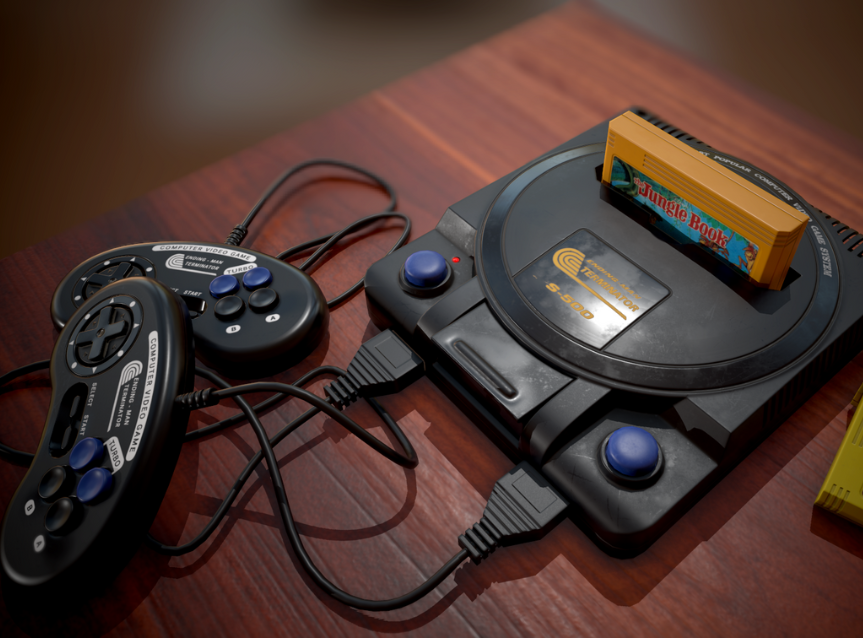

Even though my professional career began just over a decade ago, my love for embedded systems dates back to childhood. It started on my tenth birthday, when my amazing father gave me my very first video game console — an 8-bit Nintendo Terminator 2. It feels like it was only yesterday. He helped me set it up, handed me the controller, and almost instinctively, I knew exactly what to do. The console had about 50 games, and I jumped straight into Super Mario.
I vividly remember how magical it felt to press buttons and watch things happen on the screen — it was pure wonder. That experience ignited a spark in me, a feeling I still struggle to put into words. The best description I have is pure joy.
Fast-forward more than two and a half decades: that same feeling resurfaces every time I blink an LED, solve a bug I’ve been wrestling with for weeks, or, my personal favorite - using logic and code to tackle real-world problems. Studying and working in embedded systems might be one of the best decisions I’ve ever made.
Of course, it’s not all sunshine and roses; the embedded world is complex and demands a certain mindset. Here are some lessons and mental shifts I’ve made over the past decade:
Never aim for “perfection” because it doesn’t exist. Decide what “good enough” looks like, and pursue it as transparently as possible. It’s important to make things easy not just for yourself, but for others to build on. I’ve learned that business needs always take priority, so the art lies in balancing the details with the bigger picture.
This requires serious discipline and persistence, especially since business demands often tempt us to cut corners—something that, in my experience, always comes back to haunt you. This lesson, unfortunately, is best learned the hard way. I’ve embraced accountability and the occasional scars that come with it, because that’s how you grow into a better engineer.
This is self-explanatory. The simplest solution is often the best one. We’re all tempted at times to over-engineer, sometimes to satisfy our own egos. Be mindful of that and focus on getting the job done.
This might be the most profound lesson I’ve learned so far. Always remember that others will have to build on your work. Make it easy not just for them, but for your future self. Whether it’s hardware or software, your work is your legacy.
Our industry is vast and constantly changing, which can be overwhelming. New technologies, tools, and methodologies appear all the time. Keep an open mind, be willing to learn, and never stop growing—or risk becoming obsolete.
I’ve been fortunate to work with many amazing people who’ve helped shape my career. Working with others — whether they’re teammates or clients — is a core part of the job, and the key to doing it well is mastering your own ego.
Here’s to many more decades of the embedded hustle! Thanks, Dad ❤️